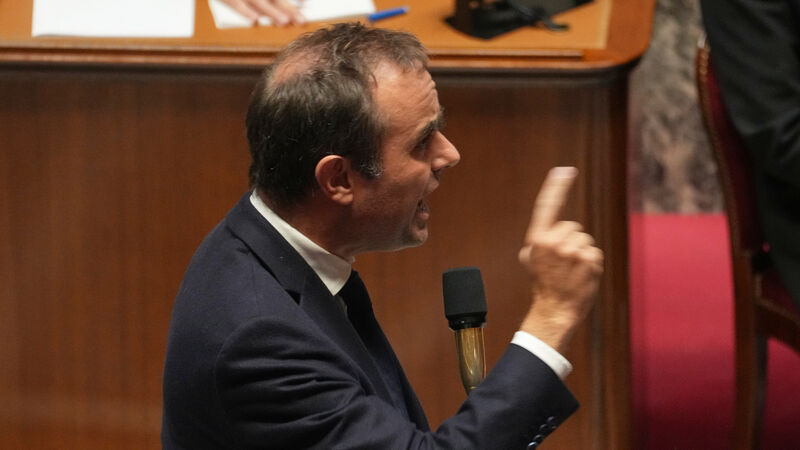French prime minister Lecornu faces further attempts to topple his government

France could sink deeper into political crisis when the prime minister faces two attempts in Parliament to topple his fragile new government, which could leave President Emmanuel Macron with no palatable option other than calling snap legislative elections.
Legislators in the National Assembly, the powerful but deeply divided lower house, will on Thursday vote on no-confidence motions filed by Mr Macron’s fiercest opponents,the hard-left France Unbowed party and Marine Le Pen of the far-right National Rally and her allies in Parliament.











